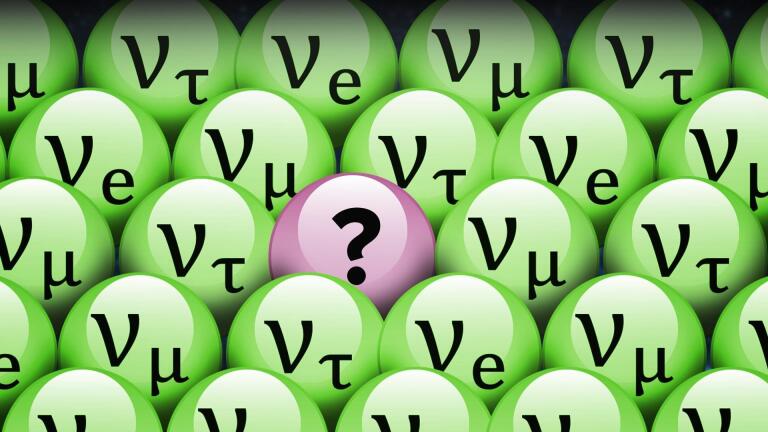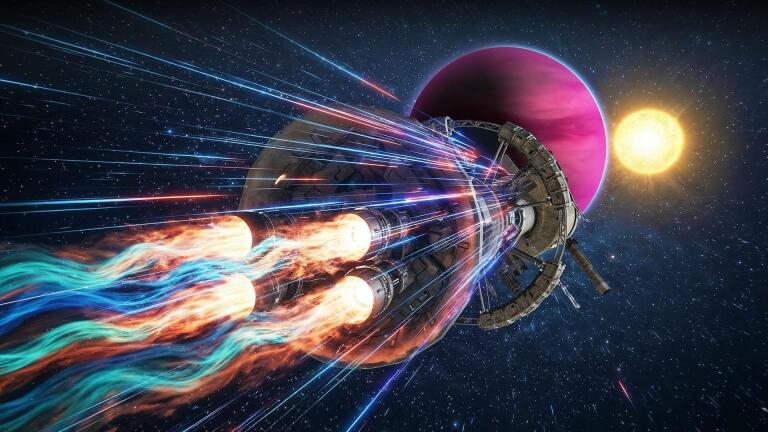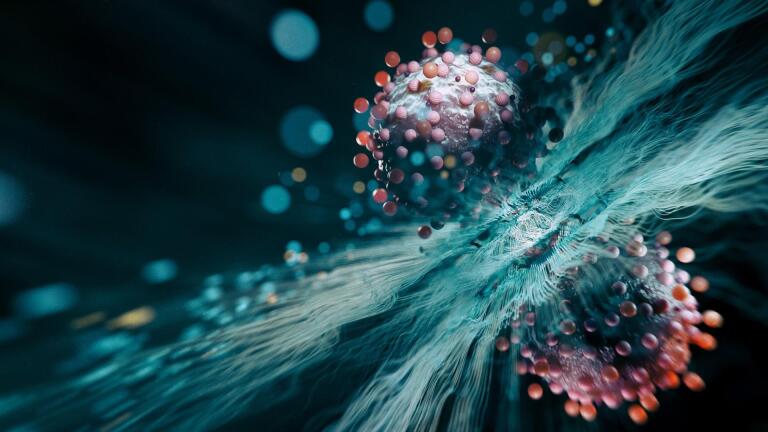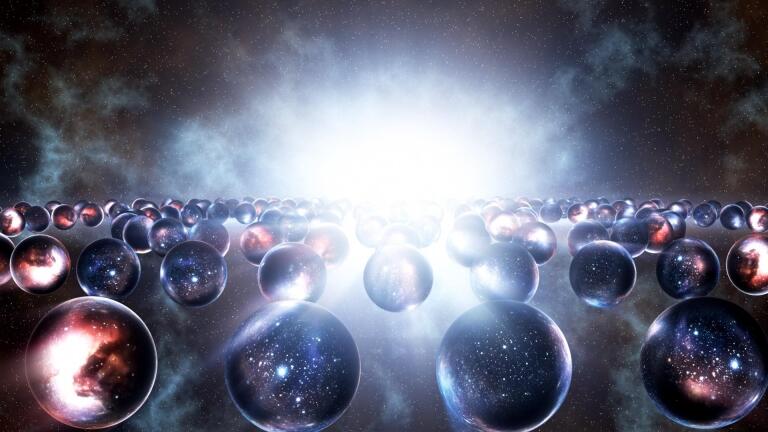Back to Show
PBS Space Time
How Black Holes Kill Galaxies
Season 5
Episode 24
When we first realized that black holes could have masses of millions or even billions of times that of the sun, it came as a bit of a shock. They were discovered as the driving force behind quasars, where matter is heated to extreme incandescence before its plunge into vast black holes. But if that weren’t enough, we soon realized that every decent-sized galaxy contains a supermassive black hole.
Support Provided By

16:26
There’s a new generation of experiments that may unlock the gravity particle.

18:33
The universe thrums with quantum fields, except something may be missing: the sterile neutrino.

18:42
Gravitons, the particle of quantum gravity, may be impossible to detect.

25:02
2025 was the international year of quantum science, but today we examine its origins.

21:17
We’ve found lots of “habitable” worlds but we don’t know what factors are needed for life.

21:31
What is the graviton, and does it even exist?

19:52
Antimatter drives sound like science fiction, but they may not be as far as you think.

23:22
Does quantum mechanics allow the future to retroactively influence the past or not?

19:14
Life on mars could result in humanity’s destruction via Fermi Paradox.

19:01
How to build a particle collider the size of the solar system.

12:39
One of the most important reasons we go to space is to know our own planet better.

16:18
Is there evidence for the existence of an enormous number of other universes?











